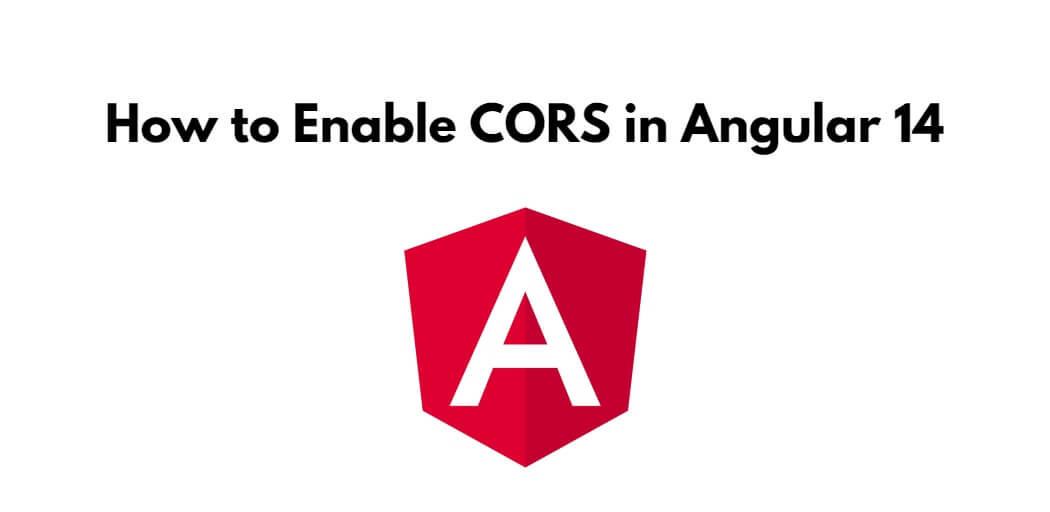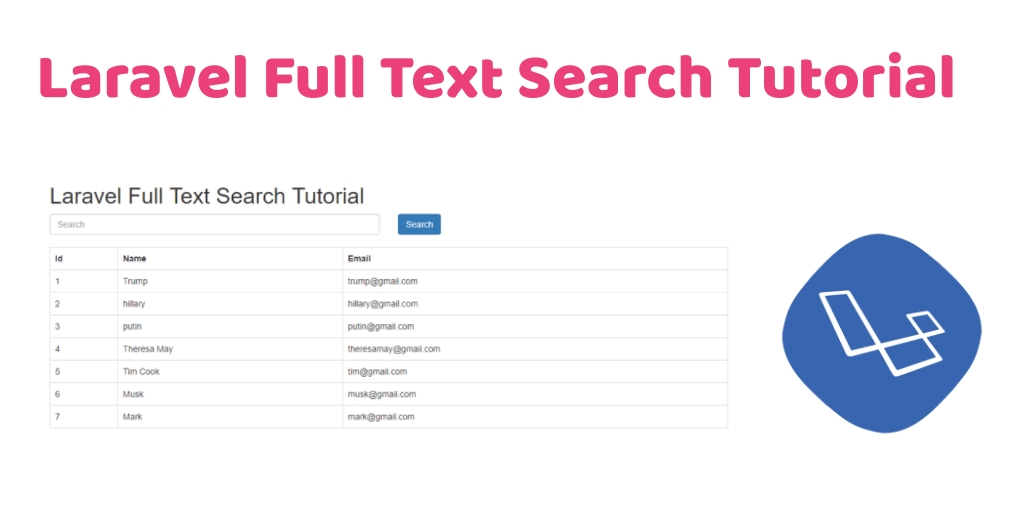Developers love Google App Engine’s zero-config deployments, zero server management and auto-scaling capabilities. At Google Cloud, our goal is to help you be more productive by supporting more popular programming languages.Starting today, you can now deploy your Node.js 8 applications to App Engine standard environment. App Engine is a fully-managed application platform that lets you deploy web and mobile applications without worrying about the underlying infrastructure.
Support for Node.js in App Engine standard environment brings a number of benefits:
- Fast deployments and automatic scaling - With App Engine standard environment, you can expect short deployment times. For example, it takes under a minute to deploy a basic Express.js application. Further, your Node.js apps will scale instantaneously depending on web traffic; App Engine automatically scales to zero when there are no incoming requests and quickly scales up the number of instances when traffic increases.
- Idiomatic developer experience - When designing the new runtime, we focused on providing a delightful and idiomatic developer experience. For example, the new Node.js runtime has no language or API restrictions. You can use your favorite Node.js modules, including native ones, by simply declaring your npm dependencies in your package.json, and App Engine installs them in the cloud after deploying your app. Out of the box, you will find your application logs and key performance indicators in Stackdriver. Finally, the base image contains the OS packages you need to run headless Chrome, which you can easily control using the Puppeteer module. Read more in the documentation.
- Strong security - With our automated one-click certificate generation, you can serve your application under a secure HTTPS URL with your own custom domain. In addition, we take care of security updates so that you don't have to, automatically updating the operating system and Node.js minor and patch versions.
Node.js and Google Cloud Platform
We’ve also crafted our Node.js client libraries so you can easily use Google Cloud Platform (GCP) products from your Node.js application. For example, Cloud Datastore is a great match for App Engine, and you can easily set up live production debugging or tracing by importing the modules. These client libraries are made possible by direct code contributions that our engineers make to Node.js. Of course, Google's relationship with Node.js goes beyond GCP: Node.js is based on V8, Google's open source high-performance JavaScript engine. And as of last year, Google is a Platinum Sponsor of the Node.js foundation.
Try it now
Node.js has become a very popular runtime environment, and App Engine customers are excited by its availability on the platform.
"Once we deploy to node.js standard, we never have to manage that deployment again. It is exactly the kind of minimal configuration, zero maintenance experience we love about the rest of App Engine." - Ben Kraft, senior engineer, Khan Academy.
“Node.js has offered Monash University a very flexible framework to build and develop rapid prototypes and minimal viable products that provide our stakeholders and users with scalable solutions for their needs. The launch of Node.js on App Engine standard has added the bonus of being a fully managed platform, ensuring our teams can focus their efforts on developing products.” -Eric Jiang, Monash University
App Engine is ready and waiting to host your Node.js apps, with very minimal changes. You can even try it out using the App Engine free tier—just follow our Quickstart to learn how to deploy your app, or check out this short video:




